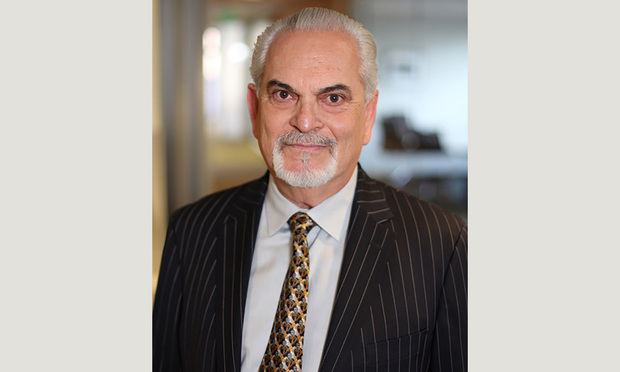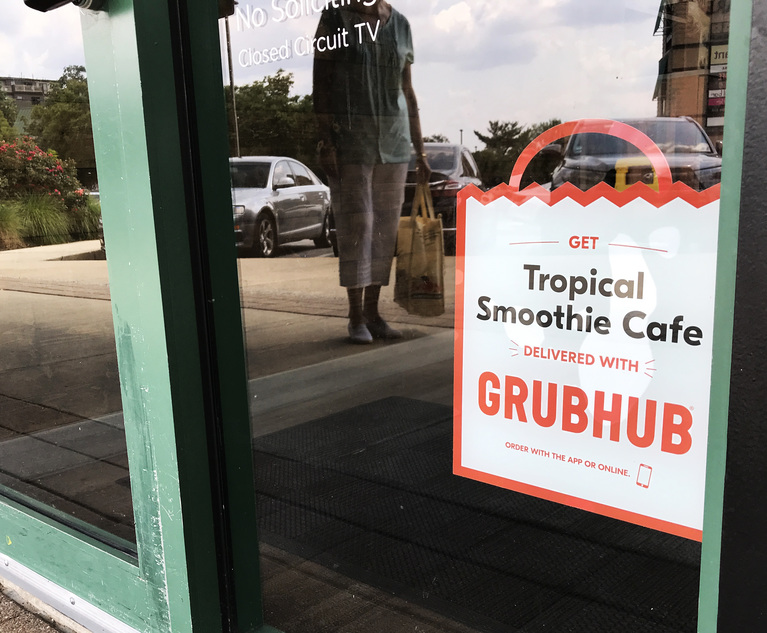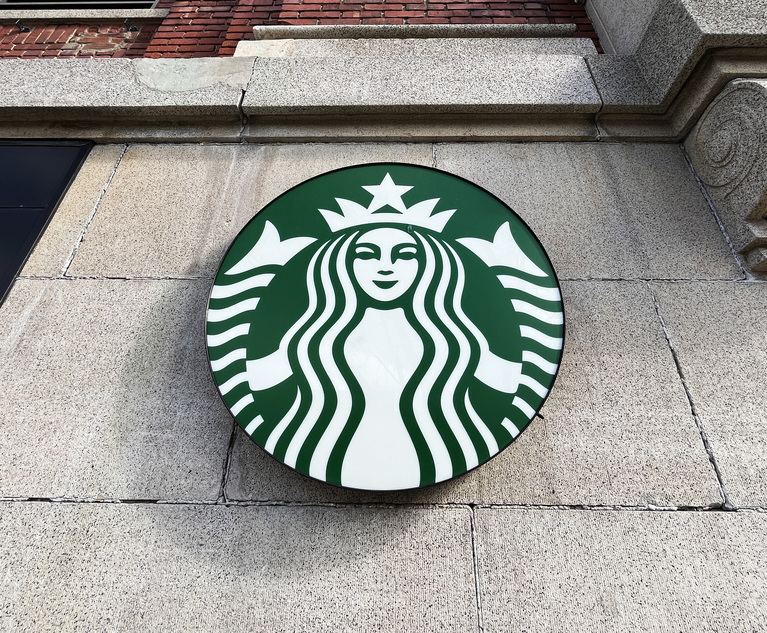As California franchise systems have struggled to assess the impact of recent cataclysmic changes in California labor law, the U.S. Court of Appeals for the Ninth Circuit handed down a decision that establishes a reasonable standard of analysis, less than a week after another panel of the same court had reissued an on-again, off-again opinion that disrupted the franchise business model.
The fundamental issue arises from the structure of franchised businesses. A franchisor enters into a commercial trademark licensing arrangement with a franchisee to operate the same kind of business at a particular location. A trademark can be licensed to a franchisee under the Lanham Act, but only if the franchisor controls its brand standards. Although the control over brand standards has been mistaken for the control of an employer, the California Supreme Court has held that a franchisor is liable as an employer or an agent, only when it retains general control over the hiring, direction, supervision and discipline of its franchisee’s employees, often called the “Patterson gloss” after the case that strongly confirmed that right. See Patterson v. Domino’s Pizza LLC, (2014) 60 Cal.4th 474.
This content has been archived. It is available through our partners, LexisNexis® and Bloomberg Law.
To view this content, please continue to their sites.
Not a Lexis Subscriber?
Subscribe Now
Not a Bloomberg Law Subscriber?
Subscribe Now
LexisNexis® and Bloomberg Law are third party online distributors of the broad collection of current and archived versions of ALM's legal news publications. LexisNexis® and Bloomberg Law customers are able to access and use ALM's content, including content from the National Law Journal, The American Lawyer, Legaltech News, The New York Law Journal, and Corporate Counsel, as well as other sources of legal information.
For questions call 1-877-256-2472 or contact us at [email protected]


 Jonathan Solish, with Bryan Cave Leighton Paisner.
Jonathan Solish, with Bryan Cave Leighton Paisner.




